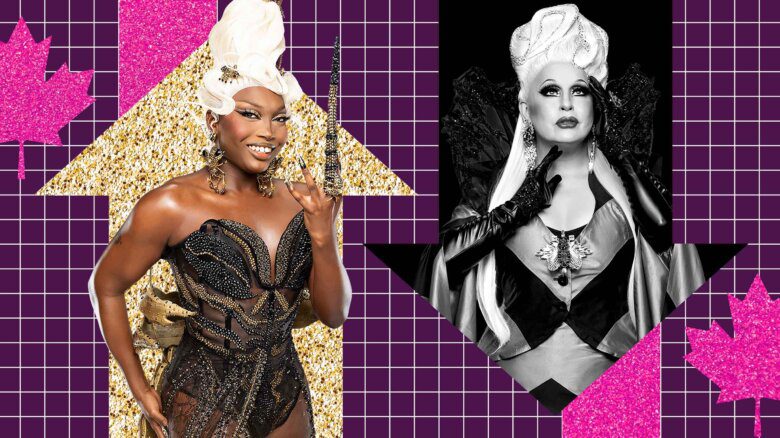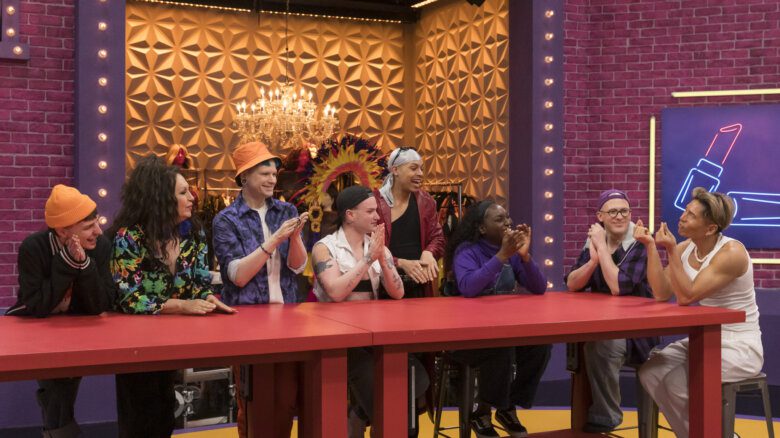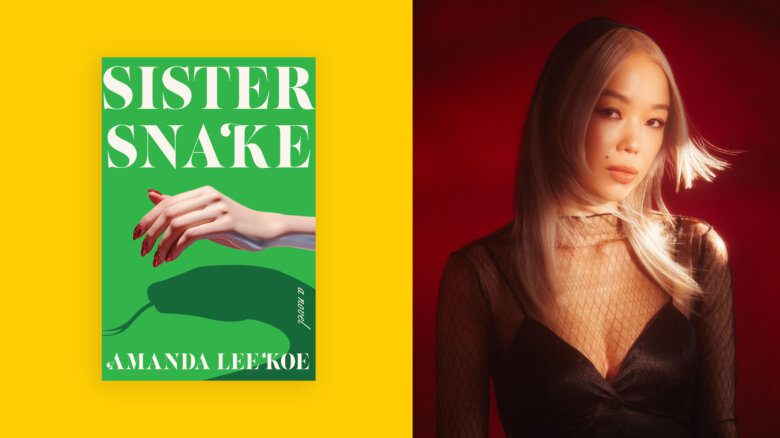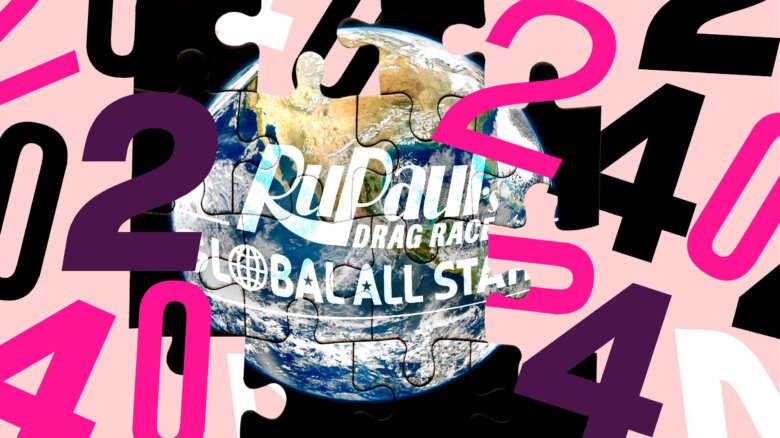If I had known it was Beenie Man extending his hand to me on the red carpet at the OneXOne’s Charity gala at Kool Haus on Sep 12, I probably wouldn’t have shaken it as enthusiastically as I did. In that moment I wasn’t concerned so much with who he is as with who he isn’t: the evening’s elusive guest of honour Mary J Blige. Only after another reporter tells me who the man is do I begin to quiver with an odd mixture of fear and excitement.
Beenie Man has enjoyed a successful two-decade career as a hit Jamaican dancehall musician, reaching audiences far beyond his home country. Real name Anthony Moses Davis, he is famous to fans as the king of dancehall music. He is infamous among gay communities as a performer of murder music. Like that of his Dancehall contemporaries Elephant Man, Sizzla and Buju Banton, the fiercely homophobic content in some of Beenie Man’s song lyrics draws sustained ire from multiple human rights organizations, including Amnesty International.
UK based gay activist organization OutRage! even created a separate branch of itself, Stop Murder Music, specifically to prevent acts like Beenie Man from performing homophobic music. In the face of protests, a number of Beenie Man’s appearances have been axed, including one at the 2004 MTV Video Music Awards in Miami.
With songs in my head like Damn, in which he chants, “I’m dreaming of a new Jamaica, come to execute all of the gays,” I am hesitant to disturb his cigarette break. But to my surprise he is welcoming, if not a little eager to chat.
I struggle to present my question in a non-accusatory way.
“You’ve come under fire for… er… People have accused you of…” I stammer.
“Gay people. Say it, gay people,” he relieves me.
“Yeah, sure. Gay people,” I respond with newfound courage.
“The problem is all that homophobic stuff was like 15 years ago,” he begins. “People grow up. You grow up in Jamaica, you know Mamma and Poppa, Grandma and Grandpa. Your brother has his girlfriend, your sister has her boyfriend and that’s what you know. Everything else is new to you.”
The idea of homosexuality, he claims, was something completely foreign to him then.
“One time I never knew what gay was,” he says. “I used to think that ‘gay’ meant ‘happy’. Until you come to America and Canada and see a man with a man, you don’t realize that affection is there.”
It’s a solid excuse for ignorance I guess, but it does little to explain the ferocious hatred that bleeds from tracks like Han Up Deh in which he calls for lesbians to be hanged: “Hang chi chi gal wid a long piece a rope.” Then there’s “Mi Nah Wallah” in which he expresses a desire to slice open the throats of gay men.
Why be so violently opposed to something you know so little about?
“Just like all Jamaican artists DJ about violence, that is what we see every day,” he says. “What you learn is what you see.”
At first I’m touched by his apparent honesty. I’m somewhat charmed by the image of the young dread-headed, gap toothed, heavily accented Beenie Boy, growing up as best he can in a violent culture. But then again, on the second day of his eight-date Canadian tour and in the face of sharp resistance from human rights activists, he is probably set on presenting his best face to the Canadian public. The cancellation of his UK tour — the work of the ballsy folks at OutRage! — resulted in an estimated $5 million loss for the performer.
But then again he did sign the Reggae Compassionate Act in 2007, agreeing not to record or perform homophobic material. He also started the Beenie Man Foundation for Homeless Kids and has donated computers to the Jamaican Police to assist in fighting crime. He has publicly apologized for inciting hateful lyrics in his music. So why, as many of his fans argue, can we not back off? After all, many of them claim its only music.
The sobering reality is that it isn’t only music.
British honorary consul John Terry, a gay man living in Montego Bay, was found strangled to death on Sep 9. A note reading, “This is what will happen to all gays,” was found at the scene. Brian Williamson, the founder of a Jamaican gay rights organization Jamaican Forum for Lesbians, All-Sexuals and Gays (J-FLAG), was hacked to death with a machete in 2004. That same year Mark Anthony Myrie, better known by his stage name Buju Banton, was charged after six gay men were taken from their home and severely beaten. The charges against Banton were subsequently dismissed.
In 2005, Steve Harvey, a leading HIV/AIDS worker activist who worked closely with gay Jamaicans, was shot dead on the eve of World AIDS day. In 2006 Kingston man Nokia Cowan drowned to death after being chased off a pier by a homophobic mob. It was another homophobic mob that chased Gareth Henry into the clutches of police who beat him severely. Henry lost 13 friends to homophobic violence in Jamaica before fleeing to Toronto last year.
According to Stop Murder Music Canada, between 2005 and 2007, a total of 14 gay men were killed in Jamaica. There were also more than 140 attacks on gays and lesbians. Suddenly, J-FLAG’s estimate of 30 hate-fuelled homophobic murders in Jamaica since 1997 seems less incredible, especially for a country with a population of about 2.8 million people. That’s about the same size as the City of Toronto. Just imagine if there were 14 brutal homophobic murders in Toronto from 2005 to 2007.
Homophobia in Jamaica clearly runs deeper than the horrifying lyrics in some dancehall music. Gay men and women need to continue to pit our words against theirs. And now that Beenie Man occasionally says hopeful things like, “It is not for you to question the next person’s sexuality,” we can all cling to the possibility that maybe in this case we have finally gotten through to one of them.
Champions in Action, a Jamaican dancehall show with Elephant Man on the bill, is scheduled for Toronto’s Downsview Park on Oct 10. Read about that controversy here.
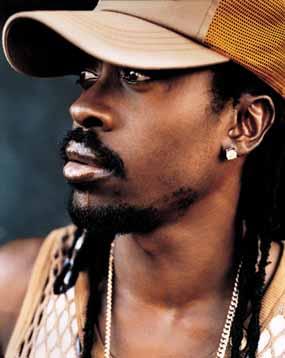
 Why you can trust Xtra
Why you can trust Xtra